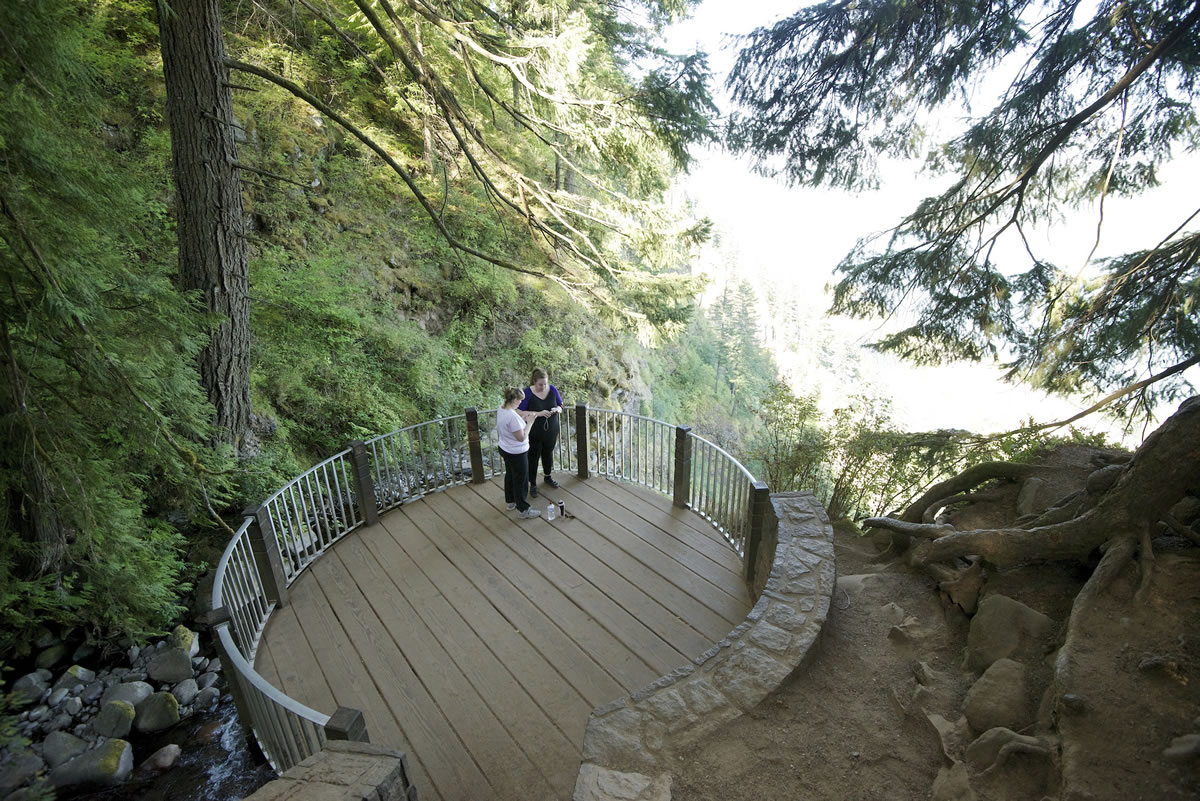On Nov. 17, 1986, President Ronald Reagan signed into law the Columbia River Gorge National Scenic Area Act and the Gorge became one of the most significant national scenic areas in the United States. The Scenic Area Act embodies two fundamental purposes — to protect and enhance natural resources, and to support and enhance the regional economy.
Few will argue that the Gorge is a unique and beautiful place, but over the past few decades, there have been differing opinions about how to protect that beauty while at the same time protecting the livelihoods and valuable property rights of the people who live within its boundaries. Over the years, the Columbia River Gorge Commission has been reviled by some in the communities who were impacted by its actions. Unfortunately, those memories still live in the hearts and minds of many Gorge residents and some legislators who control the Gorge Commission budget. As a Clark County appointee for the past two years, I can enthusiastically testify, “This is not your father’s Gorge Commission!”
What some citizens and legislators do not realize is how different the Gorge Commission is from their impressions of the past. Over the past two years, there has been a dramatic change in the makeup of the commission: A new executive director and several new commissioners have joined the agency. As a result, there is fresh energy and a strong commitment to work collaboratively to solve problems in the region. Gone are the “Me vs. Them” days of old.
One solution that is indicative of the innovative thinking of this new Gorge Commission is the recent agreement between the cities of North Bonneville, Stevenson and Cascade Locks. Each of these communities has been hit hard by the economy and has been looking for new ways to solve problems and help each community’s economy. The Columbia River Gorge National Scenic Area interstate compact between Oregon and Washington provides these and other Gorge communities a unique governance opportunity and structure with legal authority to work together to address some of their challenges. The interstate compact allows these communities to share public services such as police, fire, schools and wastewater treatment in ways that otherwise would not be allowed across state lines. These communities have enlisted the Gorge Commission to help craft agreements that potentially can provide substantial savings to each city and to the states of Washington and Oregon. Together, such savings have the potential of reaching tens of millions of dollars.



